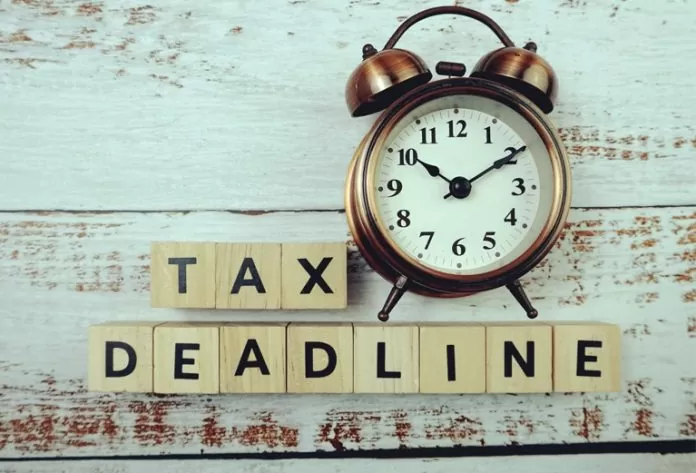If you also pay advance tax, then you must know that its deadline day i.e. 15 December is Sunday. This means that there will be a holiday on this day. Now the question arises that what can taxpayers do in such a situation?
Income Tax Rules: If you also pay advance tax, then you must know that its deadline day i.e. 15 December is Sunday. This means that there will be a holiday on this day. Now the question arises that what can taxpayers do in such a situation? Will they have to pay the advance tax a day before i.e. by Saturday or will the deadline for them be 16 December. Let’s know what the rules say on this.
The Income Tax Department had understood about 30 years ago that in the future such situations will definitely arise when there will be a holiday on the deadline day. In such a situation, the Income Tax Department had issued a circular regarding advance tax on 14 January 1994 itself. According to this circular, if the deadline for paying advance tax is falling on a holiday, then you can pay the advance tax whenever the banks reopen after that.
What is written in the circular?
According to the circular, if the deadline falls on a holiday, then in such a situation, section 10 of the General Clauses Act, 1897 will be applicable. Under this, payment can be made on the next working day after the holiday when the court or office opens. In the case of advance tax, it was said that when the bank opens after the holiday, then the advance tax can be paid. Let us tell you that in such a situation, despite depositing the advance tax after the deadline, you will not be fined under section 234B and 234C of the Income Tax Act.
Know what is advance tax?
Advance tax is a type of income tax, which has to be deposited with the Income Tax Department before the end of the financial year. It is not paid in lump sum on an annual basis like normal tax, but is deposited in installments. Under this, taxpayers deposit the tax with the Income Tax Department in advance.
Who has to pay advance tax?
Advance tax has to be paid by those people whose tax liability is more than Rs 10,000. It applies to employed people, freelancers, businessmen and people earning money in any other way. However, if you are above 60 years of age, those who do not do any kind of business, are exempted from advance tax.
When is advance tax to be paid?
Advance tax is not to be paid in lump sum once a year like normal tax, but has to be paid in installments. It has to be paid every quarter. Its date is decided by the Income Tax Department. For the financial years 2022-23 and 2023-24, these dates are 15 June, 15 September, 15 December and 15 March.
How much advance tax has to be paid?
Although advance tax is paid in installments, it is calculated for the whole year. You have to calculate in advance how much tax can be levied on you in a year. You can calculate tax on the remaining income according to your tax slab by removing deductions from your income.
After this, you will have to pay at least 15 percent of your advance tax on 15 June. At the same time, 45 percent of the advance tax has to be paid by 15 September, 75 percent of the advance tax by 15 December and 100 percent of the advance tax by 15 March.
What will happen if the advance tax is not paid?
In the case of employed people, in case of changing jobs, TDS is often not deducted properly by the companies and the liability of advance tax is created. In such a situation, you will have to check and deposit the advance tax, otherwise a charge will be levied on you and you will also have to pay interest.



